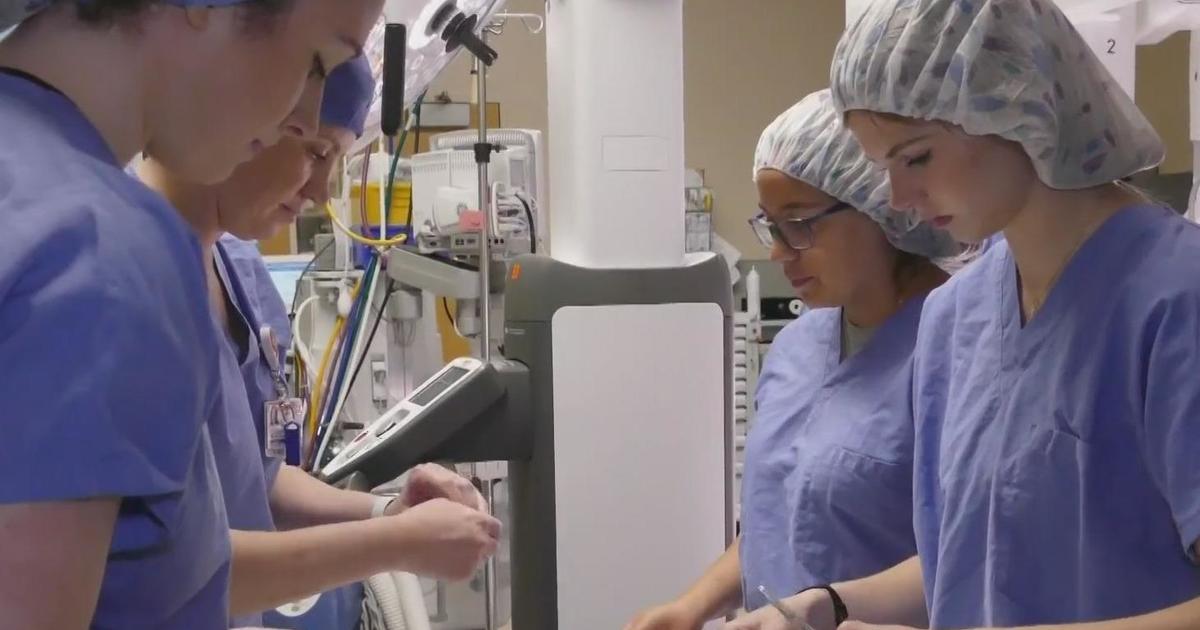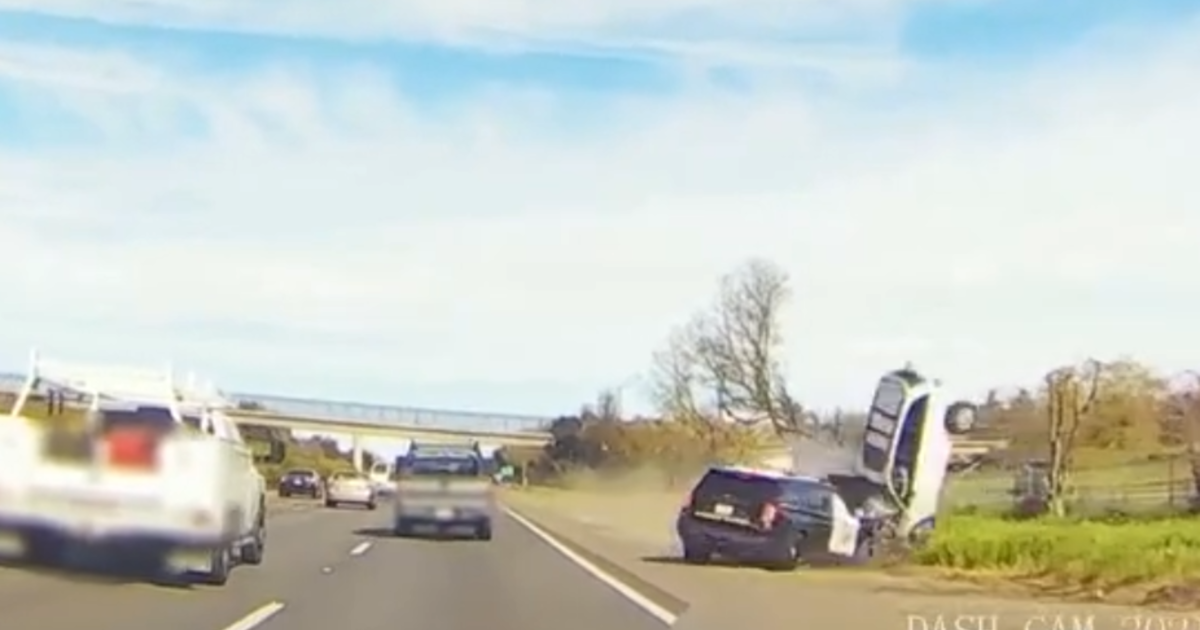Strong Earthquake Could Pose Serious Threat To Delta Water Supply
DAVIS (CBS13) — Earthquakes seem like they're only a coastal threat, but scientists at UC Davis are studying what would happen if one hit the Delta—which supplies water 25 million people in California.
Dan Wilson at UC Davis specializes in earthquakes. He's part of a group testing how a quake would impact the Delta. A mini model shows what violent shaking would do to the thousands of miles of levees.
"We don't know what exactly is going to happen to the levees during an earthquake," he said.
The Delta is mainly made up of sediment, and that doesn't fare well when it comes to earthquakes. The concern is that a quake would wipe out sediment under the levees in a process called liquefaction.
"If those things are shaken, they could liquefy and the levee could basically lose its shape, lose its ability to retain water," he said.
When that happens, the fresh water would spill into low-lying land, and saltwater from the Bay would rush in to fill the void. It would contaminate the fresh water millions depend on and ruin crops millions eat nationwide with an economic impact in the tens of billions of dollars.
"You could end up with brackish water instead of fresh water being transmitted through the Delta," he said. "And it would take a very long time to get that saltwater back out of the Delta.
Some estimates are that it would take months, or even longer. That would undoubtedly cause major problems for the state's most valuable resource.



